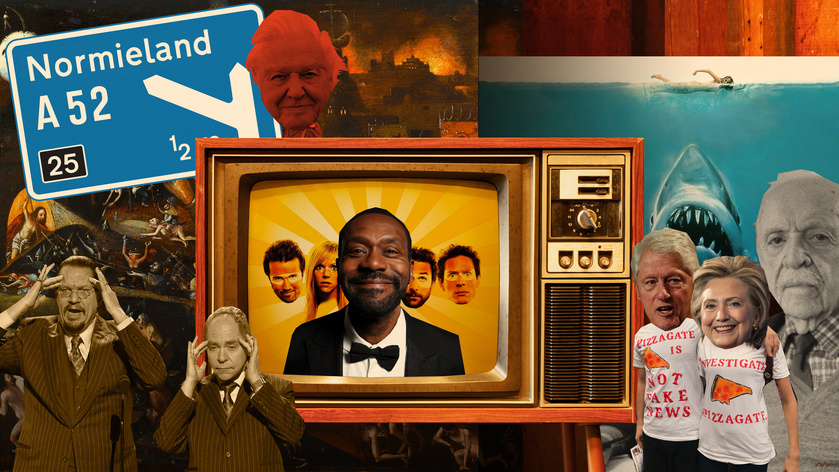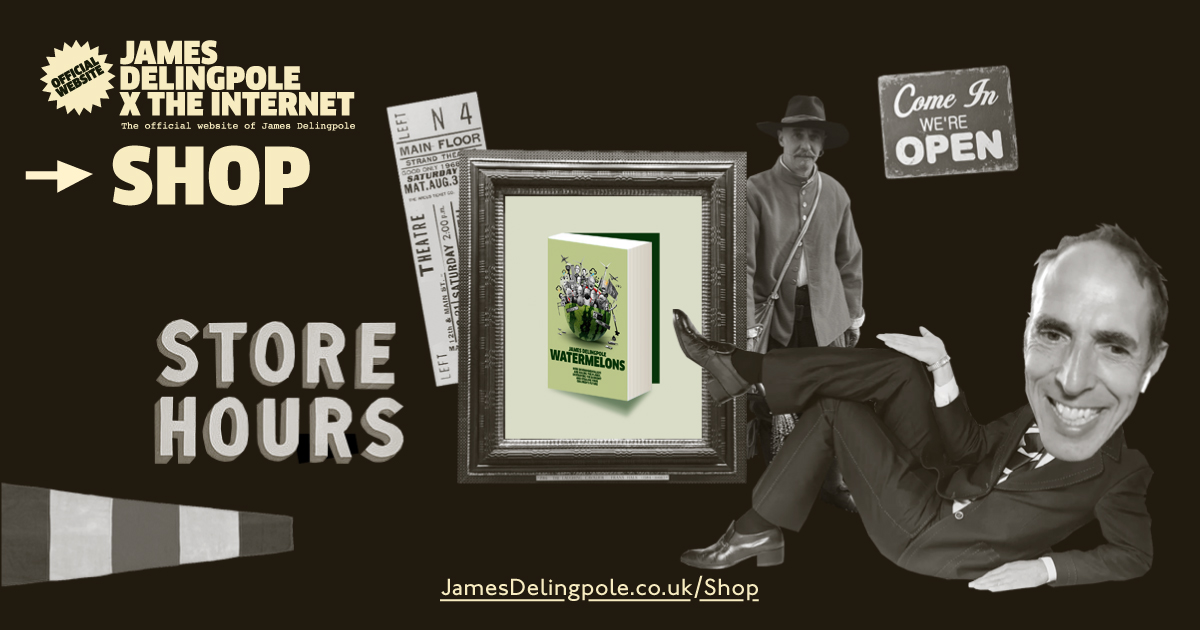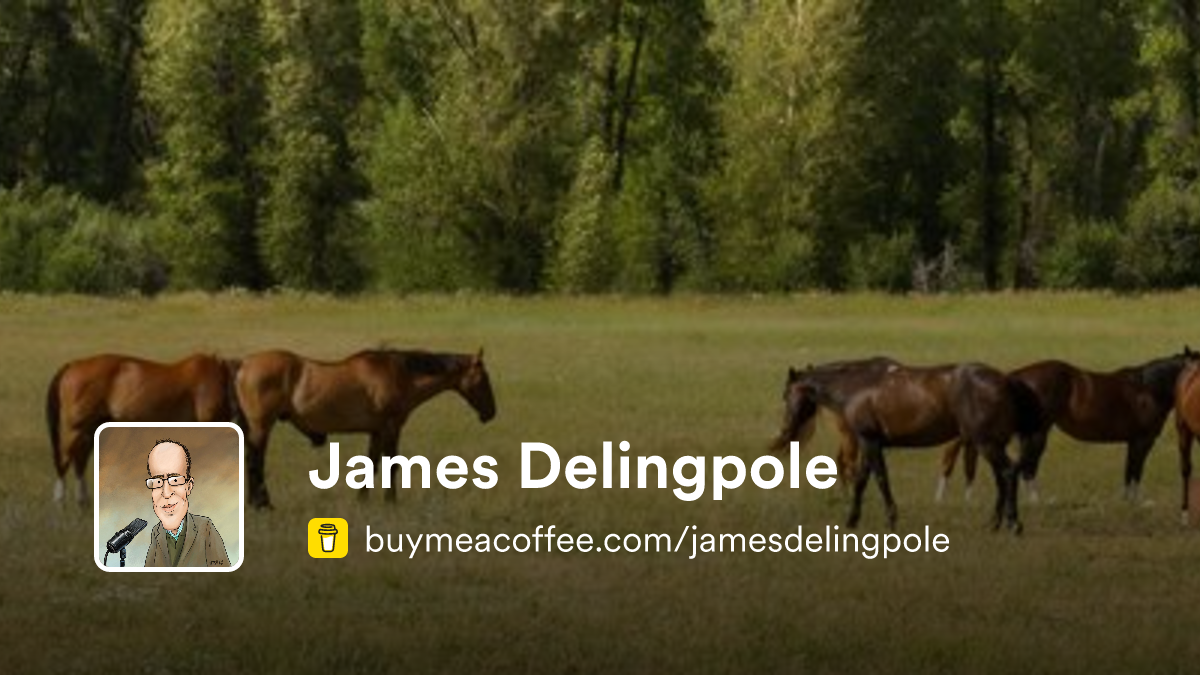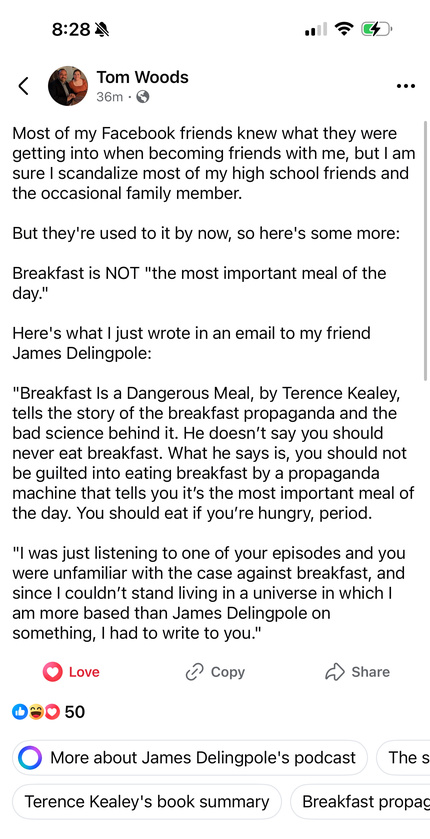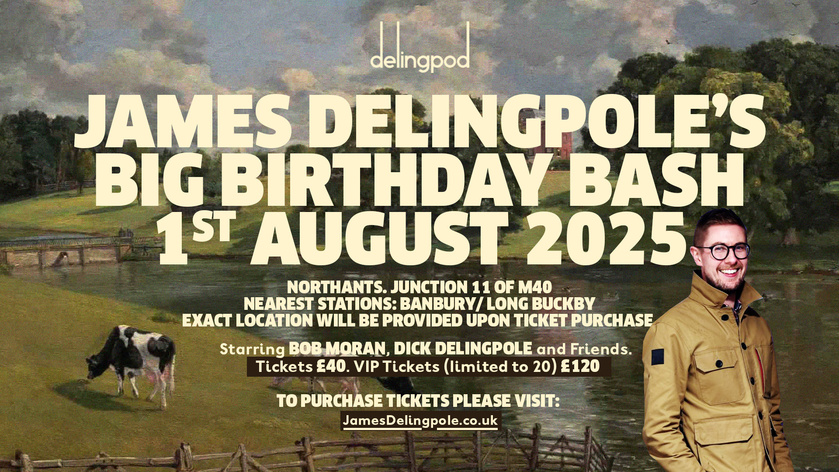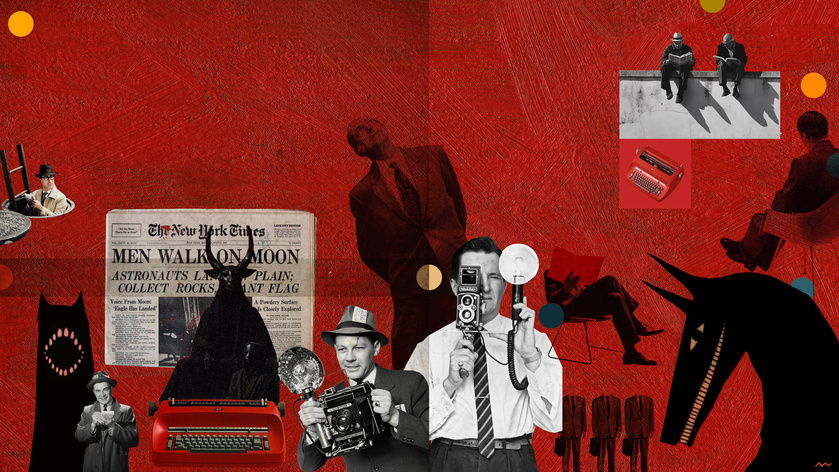One of the drawbacks of waking up to realise how truly evil the world is is that you can no longer enjoy watching television. Any television.
For a while, you soldier on thinking: “Oh come on! There must be at least some stuff out there which I can watch without the sensation that I’m being slily programmed to accord with some sinister elite agenda.”
Then comes your watershed moment when you realise: “No. Even the good stuff is tainted.”
For me, that watershed moment came while watching an old episode of It’s Always Sunny In Philadelphia. I put it on to show my awake and TV-averse sister how incredibly funny it was. But something had clearly changed between the occasion when I first saw it and this repeat viewing. Instead of making me laugh it made me shudder.
If you’ve never seen It’s Always Sunny In Philadelphia let me try to contextualise it. It’s America’s longest running sitcom - launched in 2005, it’s about to start its seventeenth season - but though it’s clearly hugely popular it has a cultish quality which makes you feel special that you discovered it.
It is set in a failing Irish-themed pub in South Philadelphia owned by a bunch of sociopathic, lazy, paranoid, amoral, incorrigible friends who spend most of the time scheming and plotting against one another. A bit like Married With Children or Rick and Morty it is so devoid of sentiment or pathos, it feels like the antidote to all the American TV you have ever watched.
But that’s how They get you.
In the days when I used to be terrified of sharks - I even wrote a novel on this theme: Fin - I noted that one of the problems with sharks is that there is a man-eater for every occasion. So, if your ship sinks in open water - as famously happened to the USS Indianapolis, the inspiration for Quint’s monologue in Jaws - the sharks that will get you are Oceanic Whitetips. If you’re in a river, it’ll be bull sharks which can survive in fresh water. If you’re in the tropics, it will be Tiger sharks. If the water’s a bit cooler, it will be the Great White.
TV works in much the same way.
If you like to think of yourself as a serious, informed person, you’ll unwittingly take your brainwashing from your daily or hourly ‘news’ fix. If you’re a sensitive, flower-hugging type you’ll be endlessly gulled by the eco-fascist agenda underpinning shows like David Attenborough’s documentaries and, in the UK, the appallingly propagandistic Springwatch with the unspeakable Chris Packham. If you belong to one of the lower socioeconomic groups you’ll have your brain remodelled by game shows and soap operas - or, indeed, by the biggest manipulator of them all: Sport.
Ah, but what about us sophisticated media consumers who don’t get swayed by adverts and who have the kind of cynical, sceptical, wryly quizzical mindset that renders us immune to anything mainstream and enables us to spot a hidden agenda a mile off?
That’s where shows like Always Sunny come in.
Probably the most revered episode in the Always Sunny canon is the one where the characters, known as The Gang, randomly decide to put on a musical called The Nightman Cometh.
It features an incredibly catchy song, with so-bad-they’re-good lyrics, called The Dayman.
“Dayman! A-a-aaaa! Fighter of the Nightman. A-a-aaaaa. Champion of the sun. A-a-aaaa!/You’re a master of karate and friendship for everyone.”
Listen to it here and tell me you don’t love it. It’s an ear worm that will stick in your head all day. It’s loveably kooky. It’s surreal. It’s funny, even if you’re not quite sure why.
And whoever crafted that tune really knows how construct a hook. I’m not a musicologist, so I’ve probably not got my terminology right. But there’s something about that unresolved cadence on the word ‘sun’ which creates a feeling of yearning and pent up elation, so that you just want to hear more, more, more!
What I found less enjoyable on second viewing was the plot. First time round, I just thought of it as pleasingly surreal, satisfyingly tasteless and classic Always Sunny. Charlie decides to write a rock opera to try to seduce a deeply uninterested waitress. It emerges, during rehearsals, that what Charlie imagines to be a musical about self-empowerment sounds more to everyone else to be about a boy being serially molested. Danny De Vito, who plays a character in the musical called The Troll, sings “You gotta pay the troll toll if you want to get into that boy’s hole.” We’re told that the words Charlie wrote in the script were ‘boy’s soul’ not ‘boy’s hole’ but for some reason which isn’t totally clear, the De Vito character prefers the more rapey version.
Now I suppose you could try to explain all this away by telling us that it’s all about comedy of misunderstanding. Here is how Charlie Day, who plays Charlie, rationalised it in an interview:
A rape joke is not remotely a funny thing; a man writing a musical that he thinks is about self-empowerment, and not realizing that all his lyrics sound like they're about a child being molested, is a funny thing. The joke is coming from confusion and misunderstanding, which are classic tropes of all comedy.
Well, yes, possibly. That’s certainly the kind of argument I might have bought in the days before I was aware just how rife paedophilic sexual abuse was in the entertainment industry. “C’mon, guys. This is just edgy comedians, joshing around, saying the unsayable, going where others do not dare. And that’s why we love ‘em!” I might have thought.
But when you re-watch those scenes with Awake eyes, it doesn’t quite wash. You realise these scenes operate on several levels. One, yes, is the ‘edgy, fearless, surreal comics being edgy, fearless, surreal’ level. But another is redolent of that moment when the comedian Adam Sandler and the chat show host Ellen DeGeneres bantered awkwardly about ‘pizza parties.’ You get the feeling that a subtle, mocking message is being sent out to the world by the Members of the Big Club that We’re Not In.
(“Pizza”, as a lot more of us are now aware than at the time of that 2019 The Ellen Show recording, is the codeword used in celebrity and political circles for the children that are trafficked for sex. Hence: “Pizzagate”.)
I’m not suggesting that anyone involved with Always Sunny is into sex with small children. What I am saying is that it’s a racing certainty everyone involved with Always Sunny has full Big Club membership. You don’t get to be a star of Danny De Vito’s stature (lol) unless you’ve signed the pact. You don’t get your own FX sports documentary series where you buy up a failing Welsh football club and chuck money at it till it succeeds, as series creator Rob McElhenney has done, unless you’ve signed the pact. You don’t even get to the level of the most obscure cast member unless you’ve signed the pact.
Part of the deal when you sign the pact is that you’re required to show your allegiance through gestures and symbols. Just as good Christians are enjoined, in every thing they do, to remember that all their blessings come from God, so it is with those on the other side: in return for their worldly success they must never forget to pay obeisance to the Prince of the Air.
If you look closely, you can spot some of this going on in The Nightman Cometh episode. Though I’m no expert on occult symbolism, I’d lay money that the battle between Dayman and the Nightman - which poses as just some crappy idea that Charlie thought up randomly - also has some kind of clever Luciferian subtext designed to go right over the heads of the profane audience.
The scene though that my Awake sister Hel and I found most telling was the extraordinarily revealing one where Deandra (Kaitlin Olson) expresses concern to Charlie that the lines he has given her character make her look like some kind of paedophile.
“Tiny boy, little boy. Baby boy, I need you. Little boy, I want to make love to you while -” sings Deandra (aka Dee) in rehearsals, before breaking off.
She says: “Hold on a second. Charlie. Are you goddamn kidding me? […] You’re wanting me to say I want to make love to a little baby tiny boy?”
There then follows an extended sequence of comedy business in which Charlie throws a prima donna tantrum about the primacy of his lyrics and various other characters try to seize the opportunity to grab Dee’s only song, or even her role, for themselves. This culminates in Charlie reading the riot act to Dee. If she doesn’t want to perform his song exactly as he has written it, then she won’t get any song at all.
As a send up of showbiz egomania this sort of works. It’s also on brand, inasmuch as you always expect the characters in Always Sunny to scheme against one another. But there’s something about the way it’s played that leaves a nasty taste in the mouth and kills all the humour.
The Charlie character becomes shriekingly aggressive in response to Dee’s reasonable request.
“So let me tell you something, Dee. Let me break down a scenario for you. I could cut the song, OK, because I wrote it. I could have Artemis do the song because you did not write it. Or I could strap on a wig and do it myself. So you tell me, Little Miss All That, what you want to do? What do you want to do? SONG or NO SONG?”
Dee is completely broken by this.
She replies in a pitiful whisper: “Song.”
“Song?” says Charlie, milking his power trip, relishing Dee’s capitulation.
“Yeah, song” says Dee pathetically.
“So you want to sing a song,” says Charlie, twisting the knife.
“I never - I never wasn’t going to sing the song,” says Dee.
“You were excited about singing a song and you want to sing a song,” says Charlie, in mock sympathy.
“Yeah. I would like to sing a song. I’d like to do it,” says Dee.
“Goooooood”, says Charlie, as if he is the reasonable one who has been tested beyond endurance by Dee’s outrageous demands. “So back up on your podium you go. Thank you.”
This is not funny. Not remotely. This is a brutally enacted struggle session, the bully triumphant. It goes through the motions of being funny but what we’re really being given here is a sharp lesson in the mechanics of the entertainment industry. “You wanna be a star, yes? Well being OK with the child sex stuff is not an optional extra. It’s part of the deal. So suck it up - or accept you’re never going anywhere.”
That is another of the curses of being awake. Once you know, you can never not know. You see stuff that goes right over the heads of the Normie audience who are all still under the spell and think it’s just entertainment.
It was the same with Clarkson’s Farm, which I analysed last week. I’m not saying it’s not entertaining because it is, very. But the entertainment is not so much an end in itself as the delivery mechanism, the sugar coating on the pill, for the underlying propaganda message.
I’m reminded of the story someone once told me about the final advice given to them by someone who had spent his life working for the intelligence services. “Don’t. Watch. TV.”
The late, great Alan Watt used to talk about this a lot on his podcasts. Television, he explained, is an unusually effective programming device because it induces the alpha waves which put the mind into a relaxed, susceptible state. That’s why, for many decades, the BBC has operated as an unacknowledged propaganda outlet for the Deep State. Netflix - founded by the great nephew of ‘Father of Public Relations” (ie your friendly neighbourhood Goebbels) Edward Bernays - performs a similar function.
So why, given that I so obviously should know better, do I go on watching this stuff.
Well partly it’s down to laziness, habit and the need for a dose of soma between dinner time and bedtime.
And partly it’s because, in common with most of us who have made the heroic journey, I’m continually having to negotiate the difficulty of living in two worlds simultaneously.
When I’m in Awake world, sure, I can talk to my heart’s content with my fellow rabbit holes about all our favourite topics, from chemtrails to the death jabs to ‘what’s really going on in Antarctica?’
But a lot of the time I have to exist in Normieland where such topics - not that I don’t introduce them occasionally, because I’m naughty that way - tend to go down like a cup of cold sick. TV helps keep you grounded in Normieland: you can stay in touch with their current preoccupations; you’ve got something in common that you can safely talk about; also - and most importantly, from the Awake perspective - you get to monitor the sundry ways the Normies are being programmed by The Powers That Be.
Sure I could opt out of the system altogether, abandon my friends and family, head off somewhere remote and off grid, and slowly starve to death while I write the odd handwritten newsletter about permaculture and rabbit breeding.
My view, though, is that as Paul suggests in 1 Corinthians 12, we should work with the particular set of skills God has given us. In my case, this isn’t providing top expert advice on survivalism but the possibly rather less useful ability to analyse and deconstruct social phenomena.
You may decide that watching TV is not for you and you may well be right. But for me it’s part of my mission. I’m here - among other things - to wake people up to the deceptions that have been, and are, perpetrated against them by the shadowy Cabal that runs the world. But if you’re going to persuade people, you need to provide them with evidence. It’s no good claiming that TV is a giant brainwashing machine if you can’t come up with some examples of the ways in which it manipulates its audience. And in order to find those examples you need to watch TV. Boasting that you haven’t watched a TV in years and that you don’t understand why anyone who’s awake still does may make you a superior human being. But it also makes you a useless TV critic.
What I do when I write about TV is, I hope, a bit like what Penn & Teller do when they deconstruct famous ‘magic’ tricks. Once you understand how a trick is done it no longer has any power over you. The ‘magic’ is revealed to be an elaborately crafted illusion.

